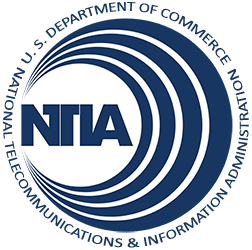Colorado Board of Education
Colorado’s low-income and rural populations depend heavily on public libraries for Internet access, which is an important tool for creating economic opportunities in a state with significant high school dropout rates and low college attendance. The Colorado Board of Education proposes to spearhead a statewide public computer center upgrade and expansion project in 76 urban and rural communities, including 49 public libraries, school libraries, and the two Ute tribal libraries. The project proposes to add or replace more than 1,100 mobile and desktop computers and improve library services for people with disabilities. The project also proposes a statewide public awareness campaign to promote the training and assistance available, and encourage broadband adoption and public computer center use among vulnerable populations in the state. The project aims to serve a region with more than half a million Hispanic or English-as-a-Second-Language-classified residents.
